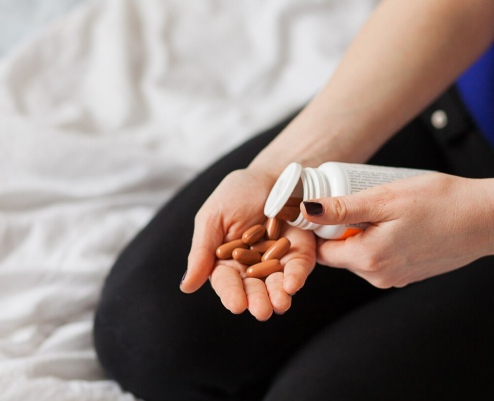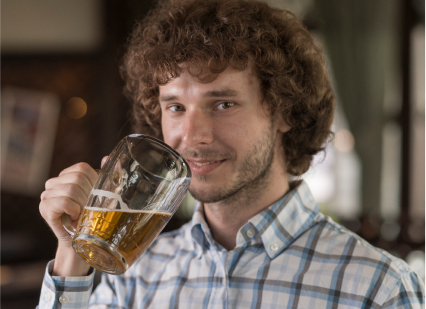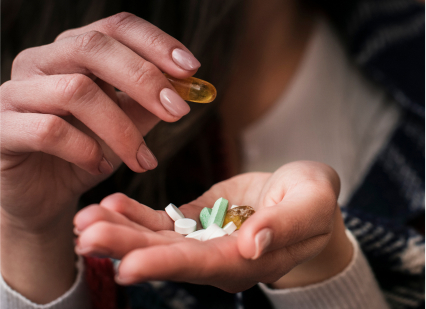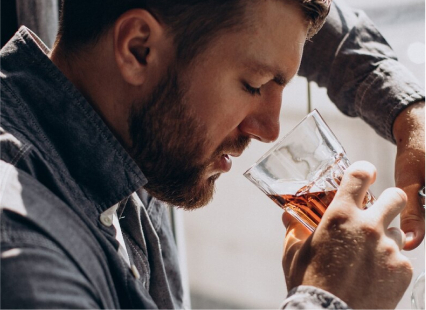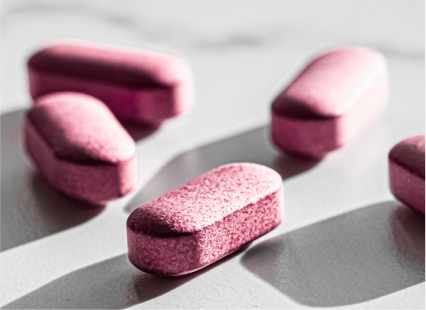The holiday season is meant to be filled with joy and merriment, but for a recovering addict, it can be a time of dangerous temptation. Parties are frequent and there’s an overall air of indulgence where we encourage one another to do everything in jolly excess. Plus, this time of year is heavy with expectation, making holiday stress a very real burden that addicts must contend with as well. It’s no wonder that drug and alcohol relapses spike during this time of year. Even for those who have been sober for decades, the holidays can be a particularly strong trigger that drives them to their old destructive habits. Fight that urge with these 10 tips for avoiding relapse during the holidays.
10 Ways of Avoiding Holiday Relapse
1. Start each day with a schedule
Having structure has shown to play a big role in overcoming addiction. Maintaining a schedule can help prevent your day-to-day from feeling so hectic, but most importantly, it’ll allow you to start and end each day with a feeling of control. Pencil in everything from travel time to meals, you might find that you’ve overbooked yourself which might cause undue stress. If you see a lot of gaps in your schedule, that brings us to tip #2…
2. Keep yourself busy
Having too much time on your hands can lead to boredom, and can be a recipe for relapse if the holidays already have you feeling down. Keep your hands and mind occupied with activities that bring you joy. These can include social gatherings or more solo activities like yoga, knitting, watching tv, or working out. Use this time to devote yourself to your passions or to find some new ones.
3. Get some sunlight
Seasonal affective disorder or SAD is no laughing matter. It’s well documented that mental health and substance abuse have a closely tied relationship. Even if this type of depression is only seasonal, the impact it has on overall well-being are far-reaching. The winter blues is estimated to affect millions each year often in the form of feelings of hopelessness, overall disinterest, difficulty concentrating, or even thoughts of suicide. To combat these negative feelings, strive to get at least 20-30 minutes of sunshine a day. If you live in a climate that does not allow for significant sun exposure, a sun lamp is the next best thing.
4. Prepare responses
One of the biggest sources of holiday stress can come from interacting with others in a social setting. If you’ll be interacting with people you haven’t seen in a while, you may be dreading the inevitable questions about where you’ve been and what you’ve been doing. Depending on your relationship with your social groups you may not feel comfortable telling them that you have been in rehab – much less explaining why you can’t drink with them. Before such gatherings, plan your explanations to the common questions beforehand and decide on how much you feel comfortable disclosing.
5. Leave when you feel uncomfortable
Speaking of preparing responses, come up with some excuses that you can use to gracefully bow out when you’re in an uncomfortable situation. Be this a conversation or a gathering, sticking it out and putting yourself in a heightened state of stress or anxiety is not worth it. Stress is one of the most well-known risk factors in the development of addiction and relapse. It may feel selfish, but it’s important that you put your physical, and mental well-being before holiday traditions or niceties.
6. Enlist your support system
Don’t forget to tap into your support system to help you get through the holidays. They can serve as your sober partner at social functions or simply being a friendly ear that you can call in times of boredom, having someone who knows your situation and can help talk you through it can be a huge sense of relief. Before the holidays are in full swing let your support system know that you will probably be reaching out more than usual so that they can expect your calls.
7. Don’t stop attending meetings
Don’t let the holidays interrupt your group meetings. Now more than ever, it’s important to have a sense of community and a reminder of why you’re doing what you’re doing. Sobriety is hard and the holidays make it even harder, tap into the resource that is your fellow group therapy or 12 step members. They’ve likely been through exactly what you’re going through now and can offer invaluable advice on how to get through the holidays without relapsing.
8. Make your sobriety streak prominent
Visual reminders can be a valuable source of motivation. If you’re the type of person who’s encouraged by having hard numbers associated with your accomplishments, something like a countdown tracker could be helpful in keeping you motivated and on track to stay sober. There are plenty of apps and other software with customizable countdown timers that you can use to prominently display the number of days you’ve been clean.
9. Don’t isolate yourself
Humans are innately social creatures and the effects of isolation on mental health can be profound. There have been numerous studies on how dangerous isolation and subsequent loneliness can be. In the case of a recovering addict, it can cause extra high levels of stress significantly increasing the likelihood of relapsing. This feeling can be exacerbated if you have not told your family or other loved ones that you have gone to rehab and are undergoing treatment for your substance abuse issues.
10. Consider your New Year’s resolutions
Last but not least, when in doubt look to the future. Even if you don’t participate in resolutions in the traditional sense, the new year is significant as a marker of a fresh start. They say it takes 28 days to create a new habit so give yourself a running start by dedicating yourself to making the upcoming new year one of a healthier, happier you.
Your Addiction Treatment Center Can Help
If you’re still feeling overwhelmed by all that the holidays can bring, don’t forget that you can always reach out to your addiction treatment center for relapse support. Having professionals that know you and that you can trust, can serve as an additional source of strength to avoid relapse during the holidays. Contact us today for more drug and alcohol relapse prevention advice and what to do in the instance that you do end up relapsing.
